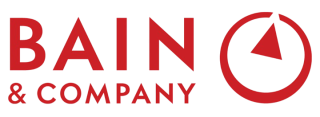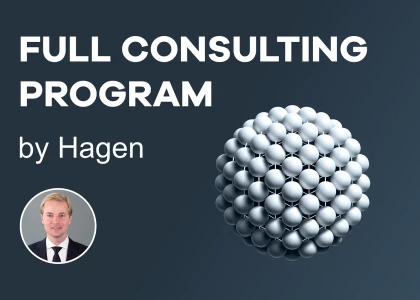There is a thing known in Bain as 'ZD' , meaning Zero Defects.
As an fresh grad intern, I find it very difficult to completely avoid errors, especially with fatigue due to long hours. May I please get some actionable advice from your experiences on how to avoid making ZDs on the job?

















